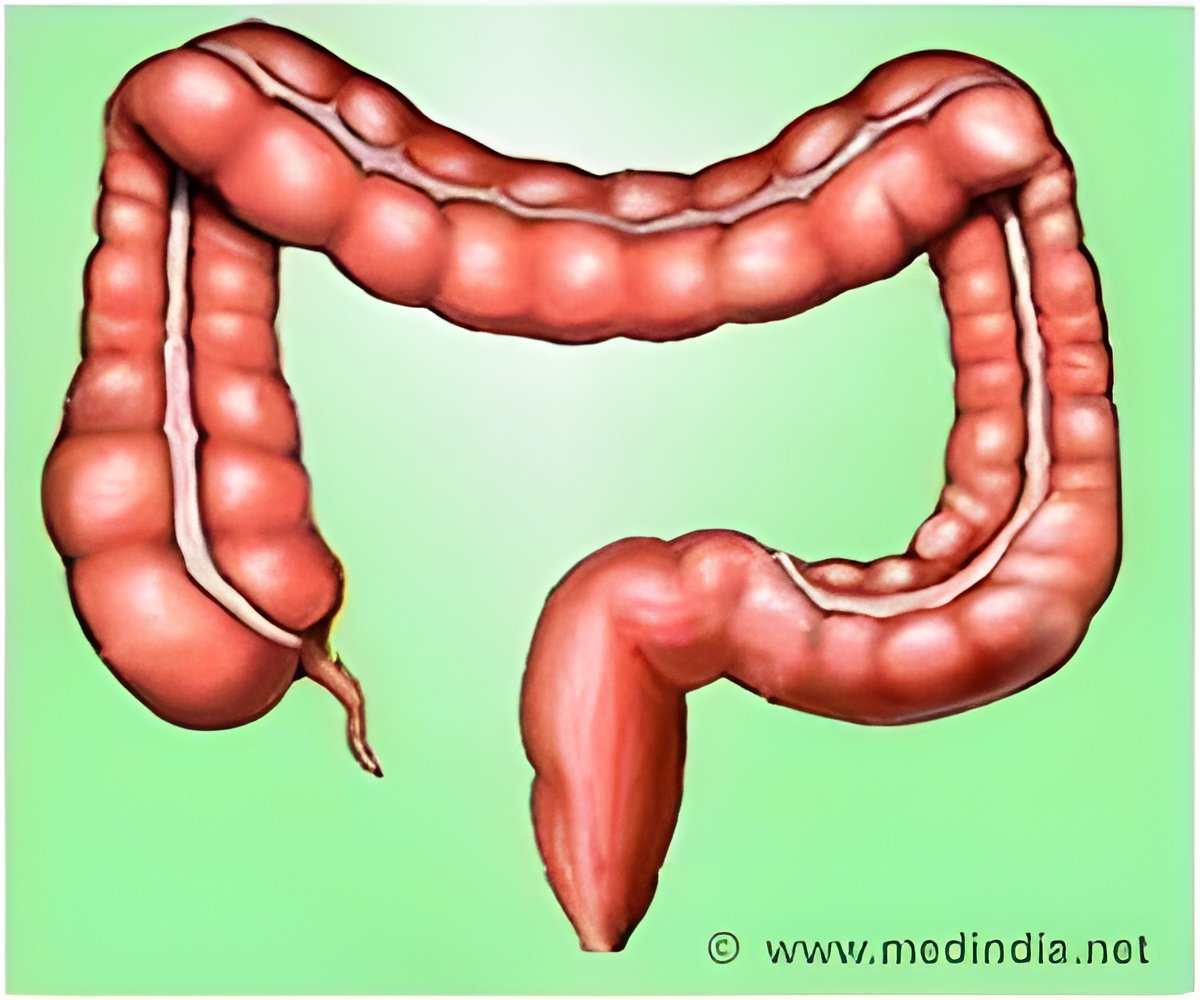The quality of colonoscopy reporting in daily clinical practice has been assessed by researchers in the Netherlands.

Quality assurance in endoscopy has become an important topic in recent decades. The implementation of colorectal cancer screening has driven a significant portion of these quality initiatives in colonoscopy. Suggested quality indicators for colonoscopy include, among others, cecal intubation rate, adenoma detection rate (ADR), and withdrawal time. Without complete and accurate reporting of colonoscopy parameters, continuous quality assurance is meaningless because deficits in service and quality improvements over time cannot be identified. By determining underlying reasons for quality deficits, specific training and education projects can be implemented to achieve the maximum benefit from colonoscopic procedures.
"Studies of quality indicators focus to a great extent on single quality indicators and often show the results of quality assurance in nondaily clinical practice, such as screening programs and study settings, where endoscopists were aware of the quality audit or were obliged to complete automated colonoscopy reporting systems. Less is known about the compliance with colonoscopy reporting and performance in daily clinical practice," said study lead author Vincent de Jonge, MSc, Department of Gastroenterology and Hepatology, Erasmus MC University Medical Center, Rotterdam, the Netherlands. "Our study examined both reporting and performance in daily practice. We found that reporting varied significantly in clinical practice and that while performance met the suggested standards, there was considerable variability between endoscopy departments."
Methods
This study took place in the daily clinical practice of 12 endoscopy departments in the Netherlands (six teaching hospitals and six general hospitals). At the time of the study, there was no comprehensive quality assurance program either nationwide or at any of the endoscopy departments individually, although over the past 15 years, the Dutch Society of Gastroenterologists has put in place and maintained a quality audit system for endoscopy units. This system requires that endoscopy units and their staff undergo a thorough quality audit every five years according to a fixed format by trained external auditors from the Dutch Society. The audit focuses on, for example, organizational aspects of the units, case mix, number of endoscopy procedures performed, waiting lists, and complication registration, but not on specific performance indicators of individual endoscopists such as those investigated in this study (i.e., cecal intubation rate and ADR). The staff of each participating endoscopy department was informed about the study protocol and parameters of interest, and ethical approval was obtained from each institutional review board. During the study period, colonoscopies and colonoscopy reporting were performed according to local protocols.
A total of 4,800 colonoscopy reports were included covering scheduled colonoscopies on 4,738 patients. Reports were reviewed by hand. Quality of reporting was assessed by using the American Society for Gastrointestinal Endoscopy criteria for colonoscopy reporting. Quality of colonoscopy performance was evaluated by using cecal intubation rate and ADR.
Advertisement
The 4,800 colonoscopies were performed by 116 endoscopists: 70 percent by gastroenterologists, 16 percent by gastroenterology fellows, 10 percent by internists, 3 percent by nurse-endoscopists, and 1 percent by surgeons. The mean age of the patients was 59 years old and 47 percent were male. Reports contained information on indication, sedation practice, and extent of the procedure in more than 90 percent. Only 62 percent of the reports mentioned the quality of bowel preparation (range between departments was 7 to 100 percent). Photographic documentation of the cecal landmarks was present in 71 percent (range was 22 to 97 percent). The adjusted cecal intubation rate was 92 percent (range was 84 to 97 percent) and the ADR was 24 percent (range was 13 to 32 percent).
Advertisement
In an accompanying editorial, David A. Johnson, MD, FACG, FASGE, Department of Internal Medicine Gastroenterology Division, Eastern VA Medical School, Norfolk, Virginia, states, "The results of this study highlight several important points. First, there is clearly room for significant improvement, both for reporting and performance of colonoscopy. Second, despite the use of the quality metrics, there was not consistent use nor was there any improvement even when the endoscopists knew that they were being evaluated. This suggests that the process perhaps needs to be better standardized via an electronic report with required fields. What the study does not address is whether this information was to be used in feedback to the individual endoscopists as part of a quality improvement program, which clearly should be the intent of comparative metrics."
Source-Eurekalert














